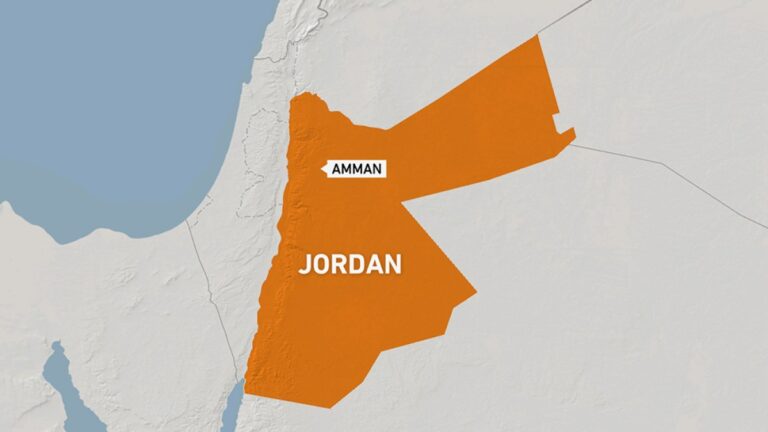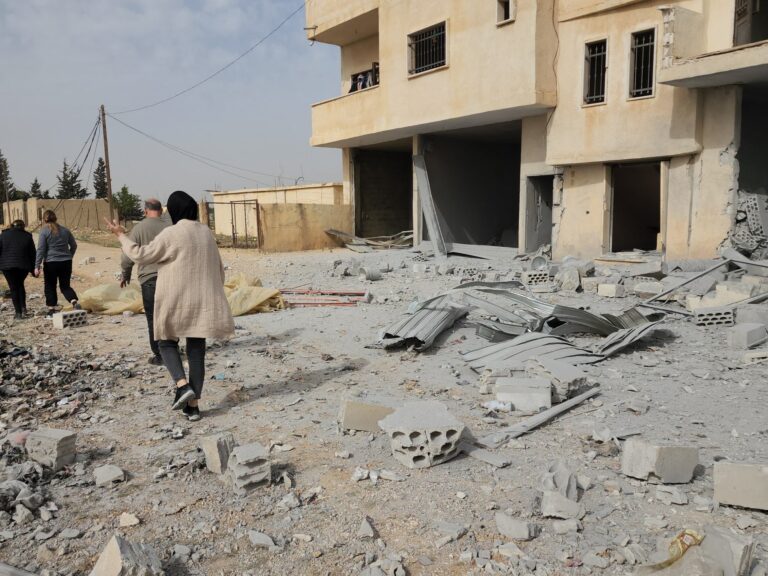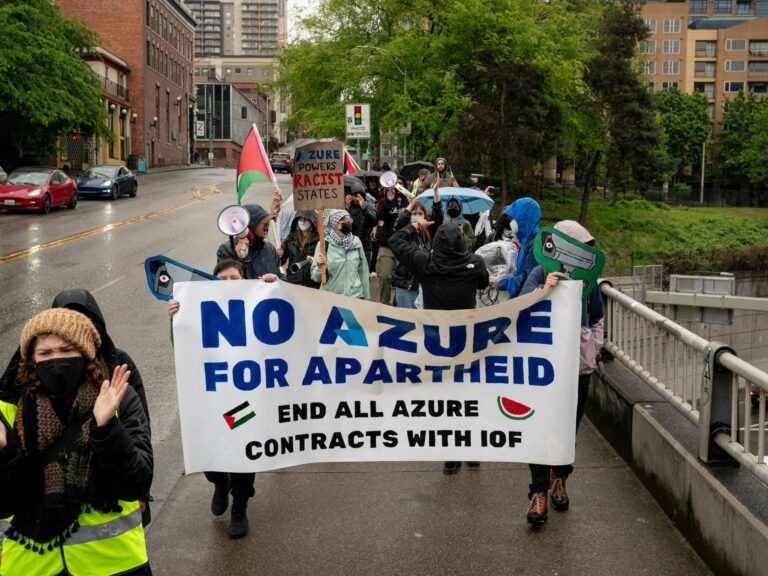
By: Mustafa Zeidan
In a world where economic dynamics are rapidly evolving, the relationship between the United States and the Middle East remains a focal point of global attention. Recent developments have underscored the complexities and opportunities that define this intricate partnership.
According to a report from Al Jazeera, the ongoing geopolitical tensions in the region, coupled with fluctuating oil prices, are reshaping the economic landscape. The recent OPEC+ decision to cut production has led to an increase in oil prices, prompting concerns about inflation in the United States. Analysts suggest that this could lead to shifts in U.S. foreign policy towards energy-rich nations in the Middle East.
Additionally, the Biden administration’s push for renewable energy sources may further complicate traditional oil partnerships. The U.S. is looking to invest in green technologies, which could alter its reliance on Middle Eastern oil in the long term. However, the immediate economic implications of rising oil prices are causing lawmakers to reassess their strategies.
In parallel, U.S. arms sales to Middle Eastern countries continue to be a significant aspect of the economic relationship. Recent reports highlight an increase in military contracts with nations such as Saudi Arabia and the United Arab Emirates. These transactions not only bolster regional security but also stimulate the U.S. defense industry, creating a complex interdependence between economic and military interests.
On the trade front, the U.S. is exploring new avenues for economic engagement in the region. The Abraham Accords have paved the way for enhanced trade relations between Israel and several Arab nations, potentially opening up markets for American businesses. Experts believe that fostering these ties could lead to greater stability and economic growth across the Middle East.
Moreover, the impact of the COVID-19 pandemic continues to reverberate through the economies of both the U.S. and the Middle East. Supply chain disruptions and labor shortages have highlighted the need for cooperation in various sectors, including technology and healthcare. As both regions navigate recovery, there is a growing recognition of the mutual benefits of collaboration.
In summary, the economic relationship between the United States and the Middle East is characterized by both challenges and opportunities. As the geopolitical landscape shifts, stakeholders must adapt to new realities while exploring avenues for deeper engagement. The coming months will be crucial in determining the trajectory of this vital partnership.





